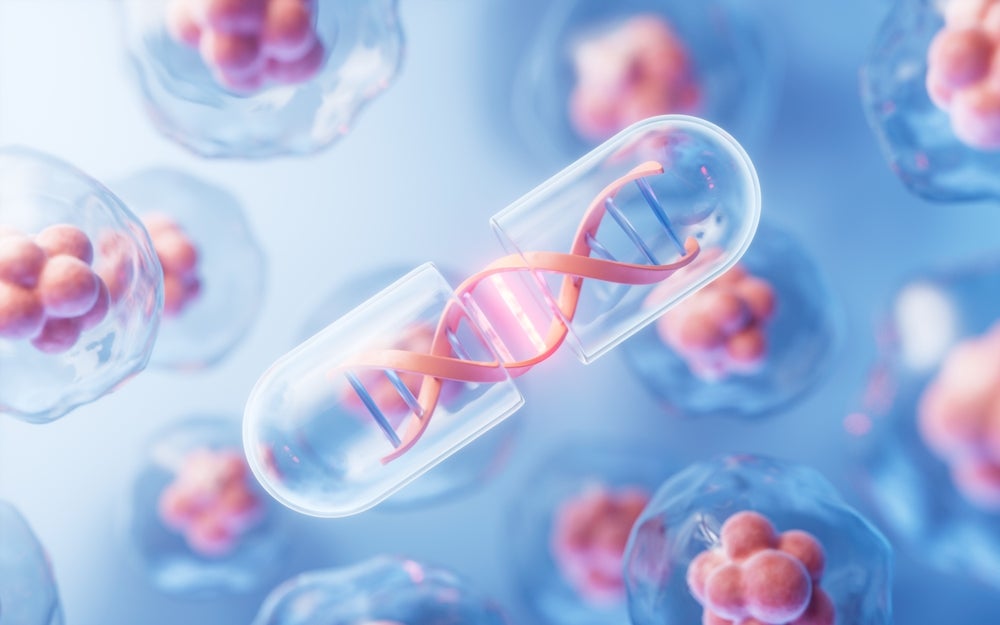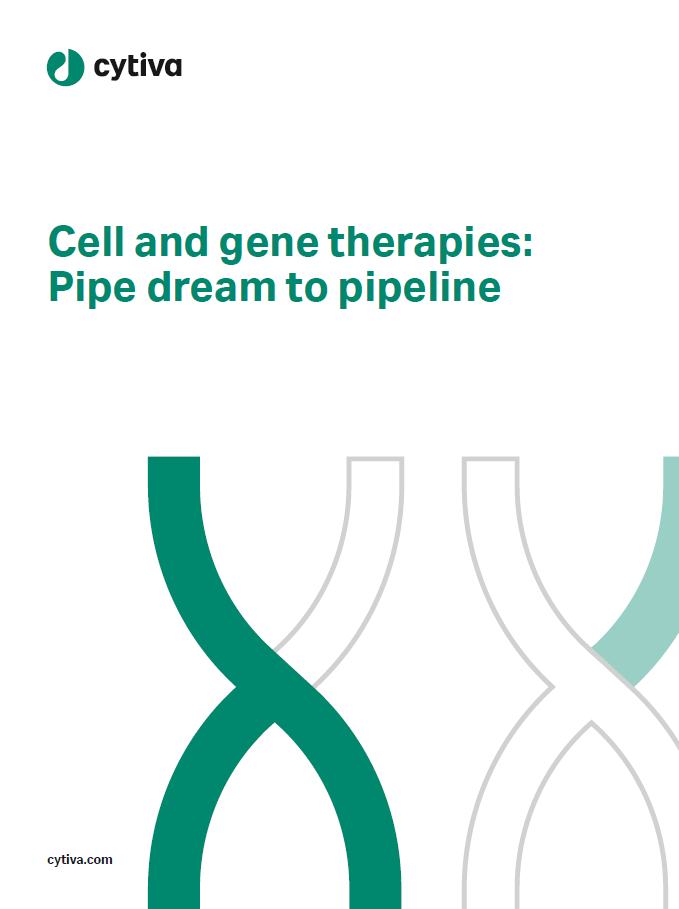

Roche’s Genentech has partnered with biotech GenEdit to use the latter company’s non-viral delivery platform for gene editing therapies.
Genentech will pay GenEdit $15m upfront as part of the multiyear collaboration and licence agreement. GenEdit is also in line for a further $629m if it meets certain milestones, according to a 23 January press release.
Genentech has picked out GenEdit’s NanoGalaxy platform to advance its autoimmune pipeline. The platform uses non-viral, non-lipid hydrophilic nanoparticles (HNPs) for targeted in vivo delivery.
As per the agreement, the two companies will seek out and develop HNPs that can be used to develop nucleic acid-based medicines for autoimmune indications. GenEdit will be tasked with discovering potential nanoparticle candidates while Genentech will oversee clinical and regulatory development, along with commercialisation duties.
Roche Pharma Partnering’s global head James Sabry said: “Our collaboration with GenEdit will use their polymer nanoparticle library and platform with the potential to reshape treatment paradigms to help people with devastating and difficult-to-treat autoimmune diseases.”
See Also:
GenEdit was cofounded by CEO Kunwoo Lee in 2016. Lee previously worked with CRISPR pioneer and Nobel Prize winner Jennifer Doudna during his time at the University of California, Berkeley.
How well do you really know your competitors?
Access the most comprehensive Company Profiles on the market, powered by GlobalData. Save hours of research. Gain competitive edge.

Thank you!
Your download email will arrive shortly
Not ready to buy yet? Download a free sample
We are confident about the unique quality of our Company Profiles. However, we want you to make the most beneficial decision for your business, so we offer a free sample that you can download by submitting the below form
By GlobalDataLee said: “This collaboration underscores the promise of GenEdit’s NanoGalaxy platform to deliver nucleic acid-based medicines via our hydrophilic nanoparticle technology.”
GenEdit is part of a wave of biotechs creating non-viral methods of gene therapy delivery. An adeno-associated virus (AAV) vector is one of the leading ways of delivering gene therapies, but with its widening use has come safety and durability concerns. In September 2021, the US Food and Drug Administration (FDA) held an advisory committee meeting to discuss the flagged issues.
GenEdit aims to overcome the limitations and safety concerns of current approaches. It says its non-viral polymer nanoparticles offer payload flexibility and tissue selectivity, and the ability to re-dose while maintaining low immunogenicity.
Genentech is not the only big pharma that has been attracted by GenEdit. Eli Lilly backed the biotech as part of a $26m Series A financing round in September 2021.
In February 2022, Sarepta partnered with GenEdit in a $57m deal. The gene therapy maker combined its know-how with GenEdit’s NanoGalaxy platform for use in up to four neuromuscular indications.
Earlier this week, Genentech returned global rights of two Alzheimer’s disease drug candidates to AC Immune following clinical failures. The termination of the agreement brought an 18-year relationship between the two companies to an end.
Cell & Gene Therapy coverage on Pharmaceutical Technology is supported by Cytiva.
Editorial content is independently produced and follows the highest standards of journalistic integrity. Topic sponsors are not involved in the creation of editorial content.




